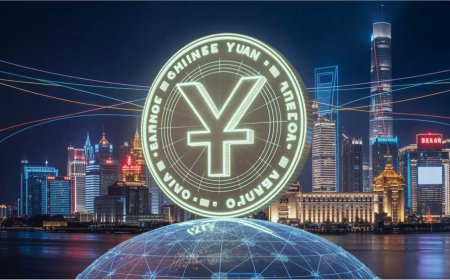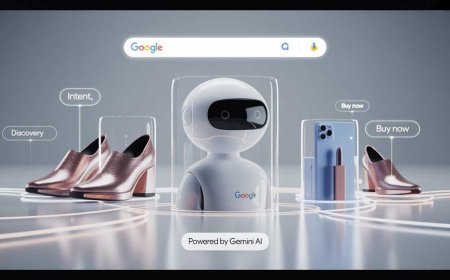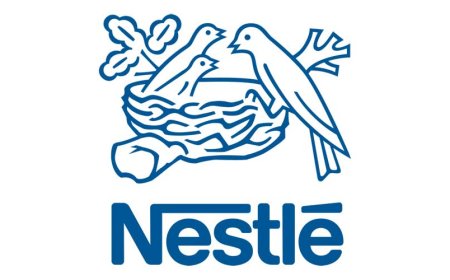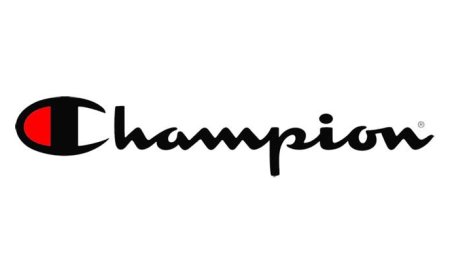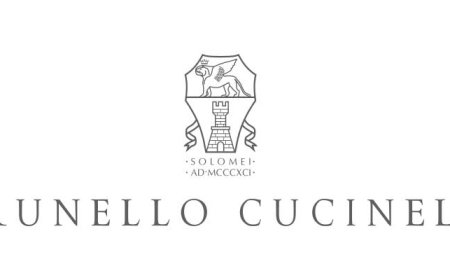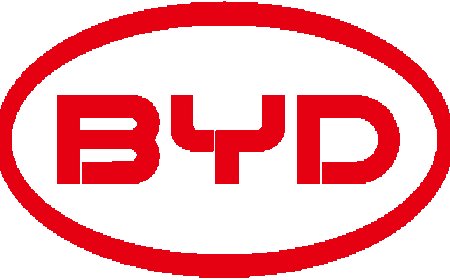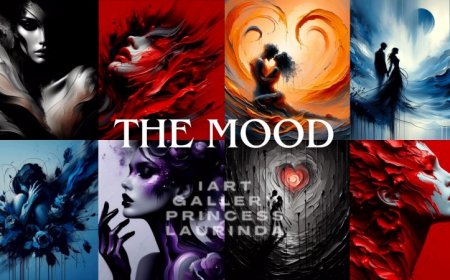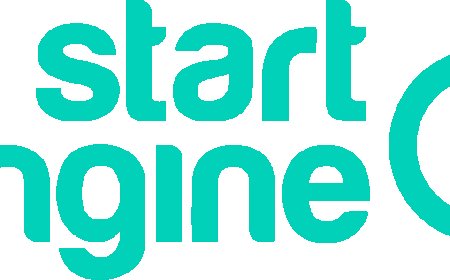Fake News Debunked: Toyota's "Water Engine"
This article debunks the viral fake news about Toyota's so-called "water engine," clarifying that Toyota's real innovation lies in hydrogen fuel cell technology, which uses hydrogen produced from water through electrolysis to power vehicles. It explains the difference between misleading claims and the actual science behind Toyota's zero-emission hydrogen-powered cars. Discover the truth behind the fake news about Toyota's "water engine." Learn how Toyota's hydrogen fuel cell technology works and why the sensational claims about cars running solely on water are false. Get accurate insights into clean energy innovation.
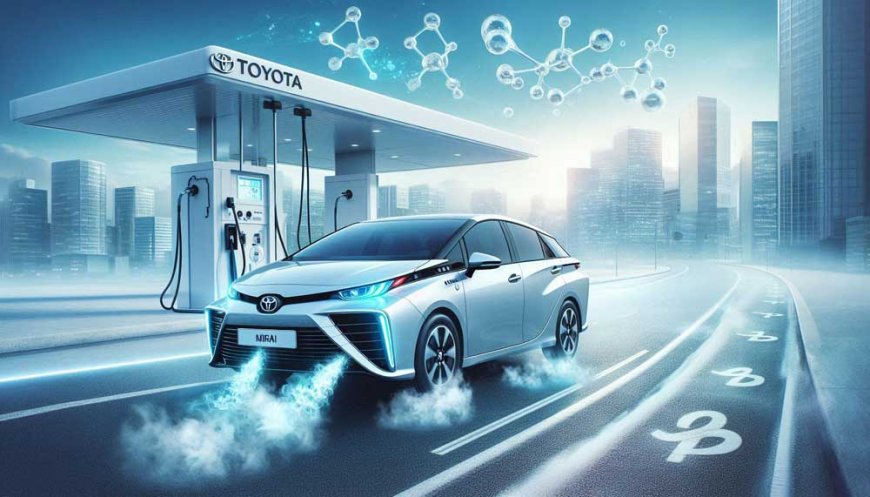
Recent viral videos and posts have falsely claimed that Toyota and China have jointly developed a revolutionary "water engine" that will disrupt the automotive industry[1]. These claims are misleading and based on a misunderstanding of Toyota's actual hydrogen fuel cell technology[1].
Based on the available evidence and expert analysis, the reputation and credibility of the so-called "Toyota Water Engine" as a literal water-powered engine (running solely on water without external energy input) rates very low, around 2 out of 10.
Explanation:
-
Scientific Consensus and Debunking:
The concept of a car running purely on water as fuel violates fundamental laws of physics and thermodynamics. Water itself contains no usable energy without an external energy input to split it into hydrogen and oxygen. Historical claims of "water-fueled cars" have been repeatedly debunked as scams or misunderstandings -
Toyota’s Actual Technology:
Toyota’s real innovation lies in hydrogen fuel cell and hydrogen combustion engine technologies. These use hydrogen produced from water via electrolysis, powered by external energy sources (preferably renewable). The hydrogen is then stored and used as fuel, emitting only water vapor as exhaust. This is a well-established, scientifically valid technology with commercial products like the Toyota Mirai already on the market
-
Misleading Viral Claims:
Viral videos and articles often sensationalize Toyota’s hydrogen technology as a "water engine" that runs solely on water, which is false. Toyota does not claim to have developed a car that runs directly on water without energy input. Their patents and research focus on efficient hydrogen production and usage, not a miraculous water-powered engine -
Innovations in Hydrogen Combustion Engines:
Toyota’s recent developments include a water-cooled hydrogen combustion engine operating at very high temperatures with dual injection systems, but this still uses hydrogen as fuel, not water directly. This technology is promising but distinct from the myth of a water-powered car -
Public Perception and Misinformation:
Due to the long history of fraudulent "water engine" claims and the complexity of hydrogen technology, public confusion is common. Toyota’s credible, incremental advances contrast sharply with the exaggerated or false claims circulating online
Summary Rating:
| Aspect | Score (0–10) | Reason |
|---|---|---|
| Scientific Validity | 8 | Hydrogen fuel cell tech is real and proven; water alone is not a fuel source. |
| Public Misunderstanding | 3 | Many viral claims misrepresent Toyota’s work as a "water engine." |
| Toyota’s Transparency | 7 | Toyota openly shares patents and research but does not claim impossible water-only engines. |
| Overall "Water Engine" Myth | 2 | The literal water-powered car claim is false and debunked repeatedly. |
Toyota’s "water engine" is not a literal water-powered engine but a hydrogen-based technology that uses water as a source for hydrogen fuel through electrolysis. The viral "water engine" news is mostly misinformation or exaggeration. The actual technology is credible and promising but should not be confused with debunked myths of cars running solely on water.
Thus, the reputation of the "Toyota Water Engine" as a literal water-powered car is very low (2/10), while Toyota’s hydrogen fuel technology itself is scientifically sound and reputable.
The Truth: Hydrogen Fuel Cell Technology
Toyota is actively working on hydrogen fuel cell technology, exemplified by the Toyota Mirai[2][3]. This technology uses a process called electrolysis to split water (H2O) into hydrogen and oxygen[2]. The hydrogen is then used in a fuel cell to generate electricity, which powers the vehicle[2][3]. The only emission from this process is water vapor, making it a zero-emission technology[2].
Misinformation and Exaggerated Claims
The viral claims exaggerate and misrepresent Toyota's actual work:
· Not a "water-powered engine": The car doesn't run solely on water[2]. It uses hydrogen extracted from water[2].
· Electrolysis: The process of electrolysis, which separates hydrogen and oxygen, requires energy[2]. The videos often fail to mention this crucial aspect.
· No reliable sources: The sensationalist videos often lack credible sources and are narrated by artificial intelligence, using footage of factories and car launches to mislead viewers[1].
Why the Confusion?
The confusion likely stems from a misunderstanding of how hydrogen fuel cells work and a tendency to sensationalize technological advancements[1]. Videos often present the idea of a "water engine" as a groundbreaking discovery that willSingleFile automatically saves a complete copy of the page.single-file-aenkq7e8.html revolutionize transportation, leading to hype and misinformation[1].
The Reality of Hydrogen Fuel Cells
Here are the key facts about hydrogen fuel cell technology:
· Hydrogen Production: Hydrogen can be produced from various sources, including water, natural gas, and biomass[2].
· Fuel Cell Technology: In a fuel cell, hydrogen reacts with oxygen to produce electricity, water, and heat[2].
· Zero Emissions: When hydrogen is produced from renewable sources and used in fuel cells, the entire process is virtually emission-free[2].
· Toyota Mirai: Toyota's Mirai is a commercially available hydrogen fuel cell vehicle[3][4]. It combines hydrogen and oxygen to generate power, emitting only water[3].
· Electrolyzer development: Toyota has developed electrolyzer equipment using Mirai technology to produce hydrogen from water[5].
Conclusion
While Toyota is indeed advancing hydrogen fuel cell technology, the claims of a "water engine" that will destroy the automotive industry are unfounded[1]. It's essential to distinguish between the reality of hydrogen fuel cell technology and the sensationalized misinformation circulating online[1].
⁂
![]()
1. https://www.boatos.org/english/did-china-and-toyota-launch-a-water-powered-car.html
2. https://www.youtube.com/watch?v=ml4Scqf9Cas
3. https://www.toyota.com/mirai/
4. https://en.wikipedia.org/wiki/Toyota_Mirai
5. https://www.greencarcongress.com/2023/03/20230312-toyota.html
What's Your Reaction?








